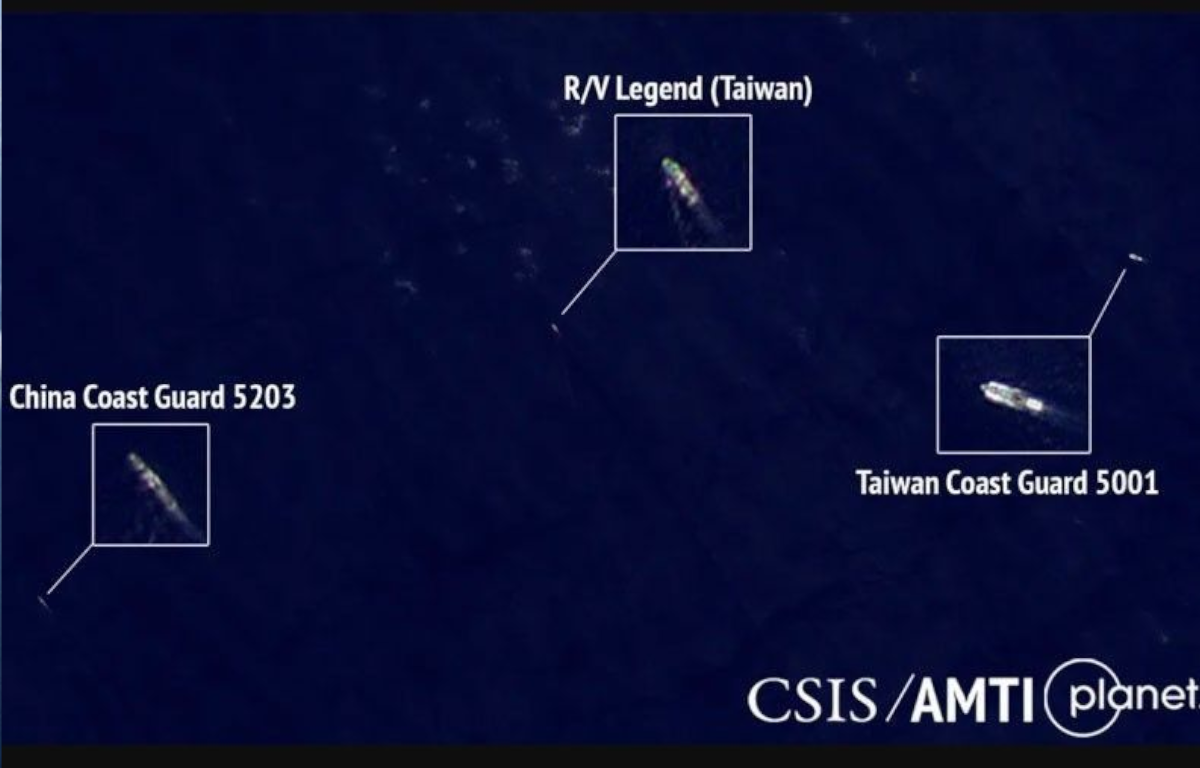
The NSC’s statement signals a firm stance against provocative behavior and underscores the resolve of concerned nations to uphold maritime security and international law. As tensions escalate in key maritime areas, including the South China Sea, the NSC’s message suggests that China may face unexpected challenges if it continues its aggressive maritime policies.
China’s assertive posture in the South China Sea and other contested maritime regions has been a source of concern for neighboring countries and the international community. Its expansive territorial claims, coupled with military buildup and assertive actions, have raised questions about its intentions and contributed to regional instability.
The NSC’s warning comes at a critical juncture, highlighting the need for responsible behavior and adherence to established norms and agreements. It emphasizes the importance of dialogue, diplomacy, and multilateral cooperation in resolving maritime disputes and preventing conflict escalation.
One of the key aspects of the NSC’s statement is the suggestion that China may face unexpected challenges if it continues its aggressive behavior. This could refer to various factors, including diplomatic isolation, economic repercussions, or coordinated responses from affected nations and international alliances.
The NSC’s message also serves as a reminder of the complex geopolitical dynamics at play in maritime disputes. These disputes often involve overlapping claims, historical grievances, and strategic interests, making them inherently challenging to resolve.
Efforts to address maritime aggression and promote stability in regional waters have included diplomatic initiatives, multilateral dialogues, and confidence-building measures. However, finding a lasting and comprehensive solution requires sustained engagement and a commitment to peaceful conflict resolution.
The NSC’s warning underscores the principle of freedom of navigation and the importance of upholding international law, including the United Nations Convention on the Law of the Sea (UNCLOS). It sends a clear signal that provocative actions and unilateral attempts to alter the status quo will not be tolerated.










Share this: